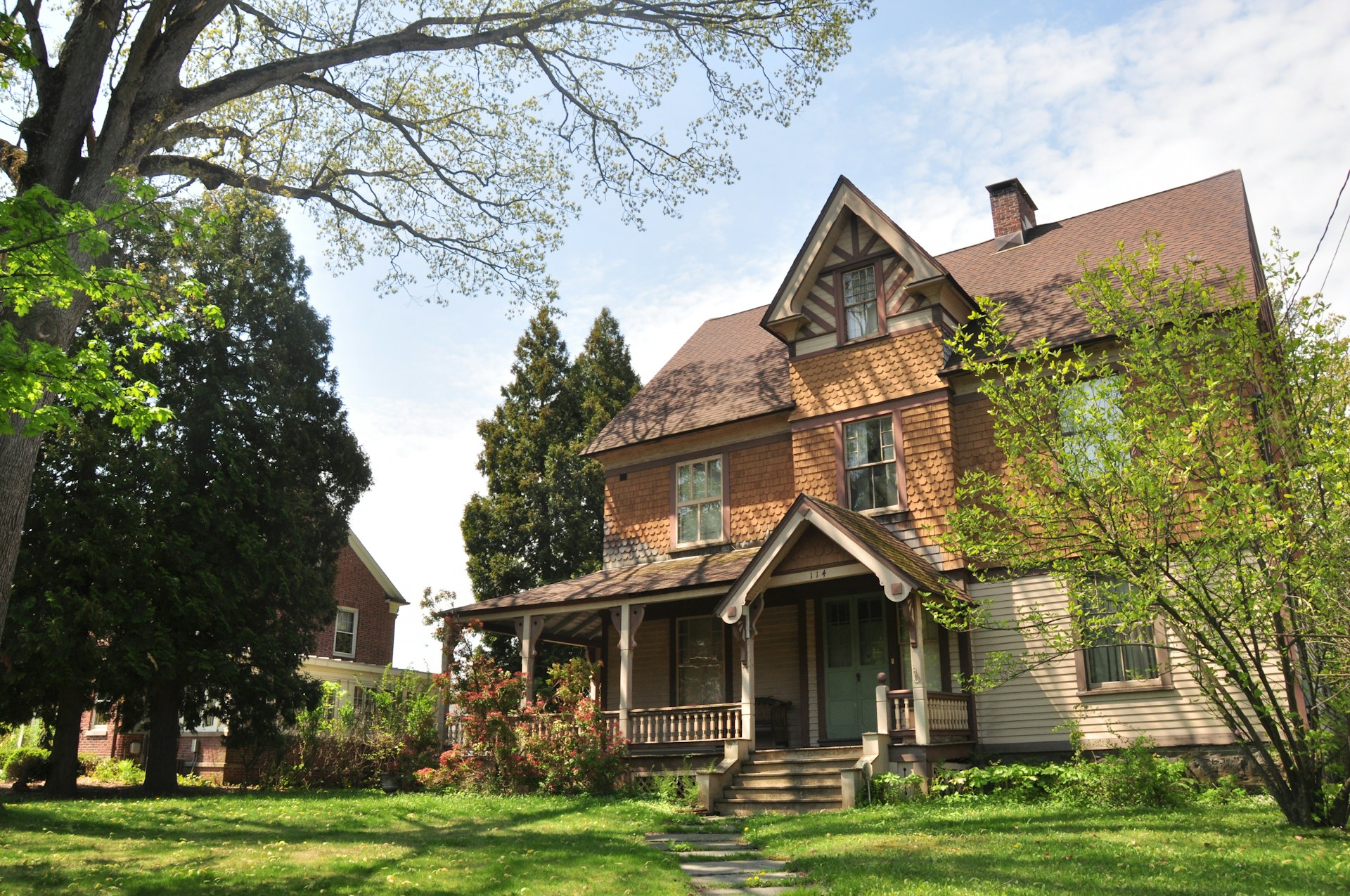

Question: Who Pays Closing Costs in Canada?
Answer: In Canada, closing costs are typically paid by the buyer and may include expenses such as legal fees, land transfer taxes, title insurance, home inspection fees, and adjustments for property taxes and utilities.
Who Pays Closing Costs in Canada? Closing Costs in Canada
The home buying process in Canada culminates in closing, a legal procedure that finalizes the transfer of ownership from seller to buyer. This important step involves a series of fees and charges known as closing costs. While the excitement of acquiring a new property takes center stage, understanding who pays these closing costs is essential for both buyers and sellers.
Breakdown of Closing Costs for Home Buyers
In most real estate transactions, home buyers shoulder the brunt of closing costs. Here’s a closer look at some common expenses they can expect:
-
Land Transfer Tax:
This tax is levied by the provincial government on the purchase price of the property. The exact rate varies depending on the location and the purchase price. -
Legal Fees:
A lawyer is essential to ensuring a smooth closing process. They review documents, conduct title searches, and handle the legal aspects of the property transfer. These services come at a cost, with legal fees typically billed by the hour. -
Title Insurance:
This insurance policy protects the buyer against potential ownership issues or hidden claims on the property title. While not mandatory, it is highly recommended for peace of mind.
You can read more on this page about Alliston home values
Related Article: Do I Pay Tax If I Sell My House and Don’t Buy Another?
Related Article: What are the Taxes on Buying Property in Canada?
In addition to the above, there might be other expenses borne by the buyer, depending on the specific circumstances of the transaction.
-
Property Taxes:
In some cases, the buyer may be responsible for a portion of the property taxes for the period between the closing date and the end of the current tax year. -
Home Inspection Fees:
A professional home inspection can uncover potential problems with the property before you finalize the purchase. While not always required, it is a wise investment for buyers. -
Mortgage Default Insurance:
If your down payment is less than 20% of the purchase price, you will likely be required to pay for mortgage default insurance, which protects the lender in case of borrower default.
Seller Responsibilities and Closing Costs
While buyers shoulder most of the closing costs, sellers are not entirely off the hook. Here are some common expenses sellers can expect to pay:
-
Real Estate Commission:
Real estate agents typically charge a commission as a percentage of the selling price for their services in marketing and selling the property. This commission is often split between the buyer’s and seller’s agents. -
Lawyer Fees:
Similar to buyers, sellers may also incur legal fees for their lawyer’s services in reviewing documents and handling the legal aspects of the sale. -
Adjustments:
There may be adjustments made for prepaid expenses, such as property taxes or utilities, that need to be settled between the buyer and seller based on the closing date.
There can be other potential costs for sellers depending on the situation.
-
Municipal Charges:
In some cases, there may be outstanding municipal charges, such as water bills or sewage fees, that the seller needs to settle before closing. -
Early Redemption Penalty:
If the seller has a mortgage on the property, they may be subject to a prepayment penalty for breaking the mortgage terms before the maturity date.
Negotiating Closing Costs: A Shared Responsibility?
While there’s a general understanding of who pays what, closing costs can be a subject of negotiation between buyers and sellers, particularly in a competitive market. For instance, the buyer might offer to cover a portion of the seller’s closing costs in exchange for a lower purchase price.
It’s important to involve your real estate agent in these discussions. They can advise you on customary practices in your local market and help you negotiate a fair deal that considers the interests of both parties.
Importance of Budgeting for Closing Costs
Closing costs can add up quickly and can sometimes be overlooked by first-time home buyers. To avoid financial surprises at closing, it’s essential to factor these costs into your overall budget from the outset. A qualified mortgage professional can help you estimate the closing costs associated with your specific purchase price and location.
Here are some additional tips for managing closing costs:
-
Shop around for competitive rates:
Compare fees charged by different lawyers, title insurance companies, and other service providers. -
Ask about potential rebates:
Some lenders may offer rebates on closing costs to incentivize you to use their mortgage products. -
Negotiate closing costs:
As mentioned earlier, closing costs can be a point of negotiation, especially in a buyer’s market.
Click for more information about Jennifer Jewell
Conclusion: Informed Decisions for a Smooth Closing
Understanding who pays closing costs in Canada is an essential step in the home buying or selling process. By familiarizing yourself with the typical cost breakdown and exploring potential negotiation strategies, you can make informed decisions that contribute to a smooth and successful closing experience.


